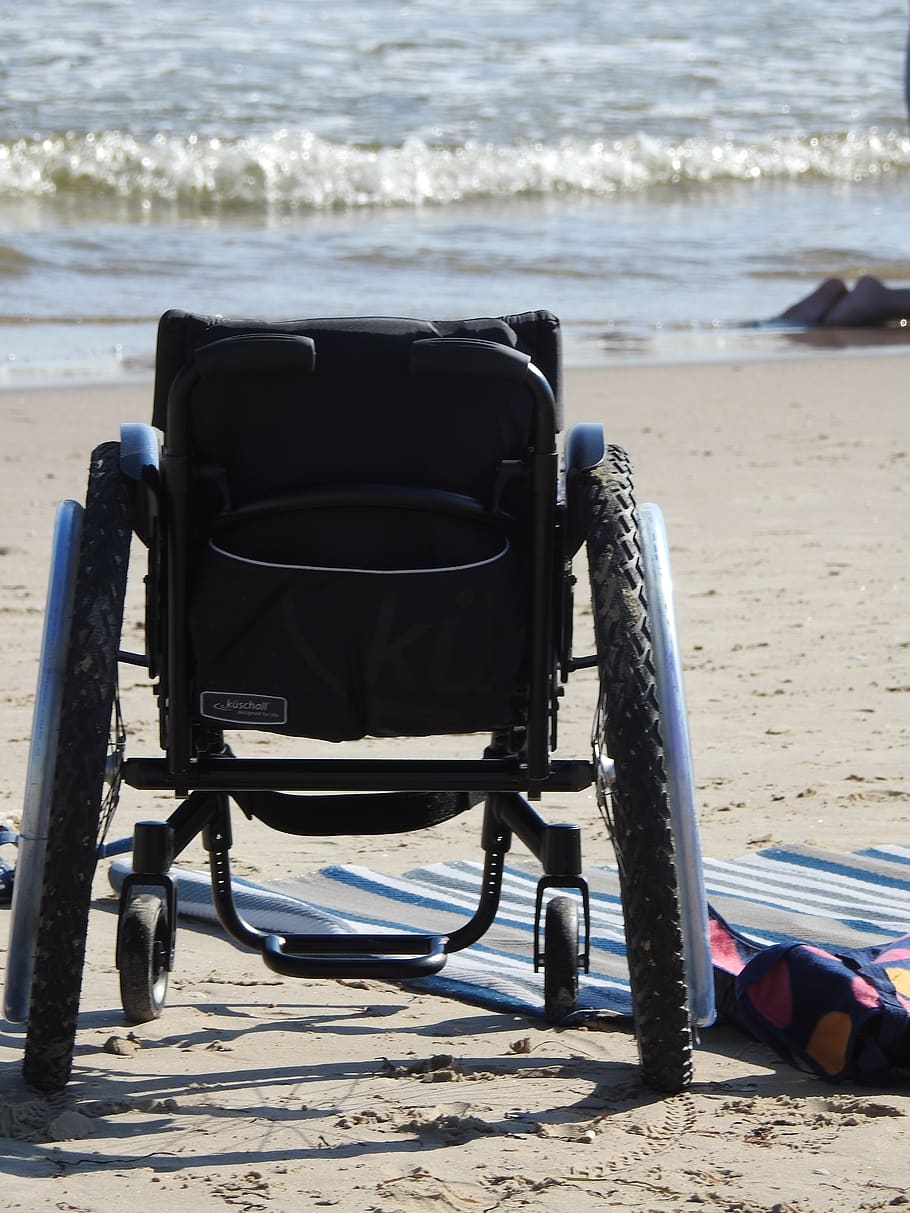This post is going to be a thorny one. Quite the can of worms, most probably. And I don't think I'll really reach a clear answer at the end; but perhaps the journey is the point.
I'm going to be talking about disability, the idea of how we are created, whether God makes mistakes, the diversity in creation, how sin may or may not affect creation, and all of that. It's a lot. So let's start, just so everyone has the backstory, with what is the common Christian stance.
That is, that people are created, or born, sinful. That we are inherently affected by sin from birth (or, for many Christians, conception). And many Christians would also claim that this is why we have disability, why there are gay and trans and queer people, why various birth defects exist, and so on. (Understand that I'm presenting a very broad and generalised view here, and there's probably more nuance here than I can effectively communicate in a succinct manner.) Interestingly, this isn't too far from the beliefs of some ancient theologies or mythologies; at least, in terms of the end conclusion, that this disability and the like is a mistake or accident or unintended. The way they put it, though, is that the gods were drunk. The belief was that humans were formed, in some manner, from clay, or earth; and that effectively, sometimes the gods were drunk, and slipped a bit when they were making some people. So in some ways, those ideas have permeated down to today.
Running counter to that, particularly from queer Christians, is the idea of intentional diversity in design. That God has created humans with diversity of gender, of sexuality, as a display of the diversity within God themselves - and this same diversity is also present in the world and universe that God created. There's the affirmation that "God doesn't make mistakes," and "we are not mistakes." And many people have found peace and healing in that idea.
But then we come to the problem. Where do people who are disabled fit into this mix? Because while there are some disabilities that might be able to find space within this previous idea (say, parts of neurodiversity), there are many that really don't. Where there is nothing good about the disability; it only takes away from someone's experience of life. That doesn't mean to say that people with these disabilities can't have good lives, far from it; just that they often have to fight an awful lot more than the rest to get it. And even then, it can feel like a shadow of what other people experience.
So how do we attempt to rationalise disability, when it occurs from birth? When it is through no fault of any person, to the best of our knowledge. Do we say that this is part of God's diverse creation? Do we say that this is caused by how sin has twisted or changed the world? Do we say that God has made mistakes? Or is there another answer here, that eludes us?
To me, none of these answers feel satisfying, or right. But I don't know. I don't have an answer to this question. When the Bible talks about heaven, it talks about there being no more suffering, no more pain; there is healing for all. I want to believe that in the next life - whatever it looks like - we won't have to face the same struggle that we do in this one. Healing the pain, restoring back to whole, but keeping the diversity. I don't really know what that looks like. But I want to believe that it will be true.
To be clear, though; I don't want to be "healed" of autism, or ADHD. I'd love to not have to deal with the challenges that they present me with in living life; but they also form part of who I am, my identity and personality. It feels like in the next life there should be a way to have one without the other, but I guess we'll see.

No comments:
Post a Comment
Please, tell me what you think. I'm not psychic, and I want to know :)